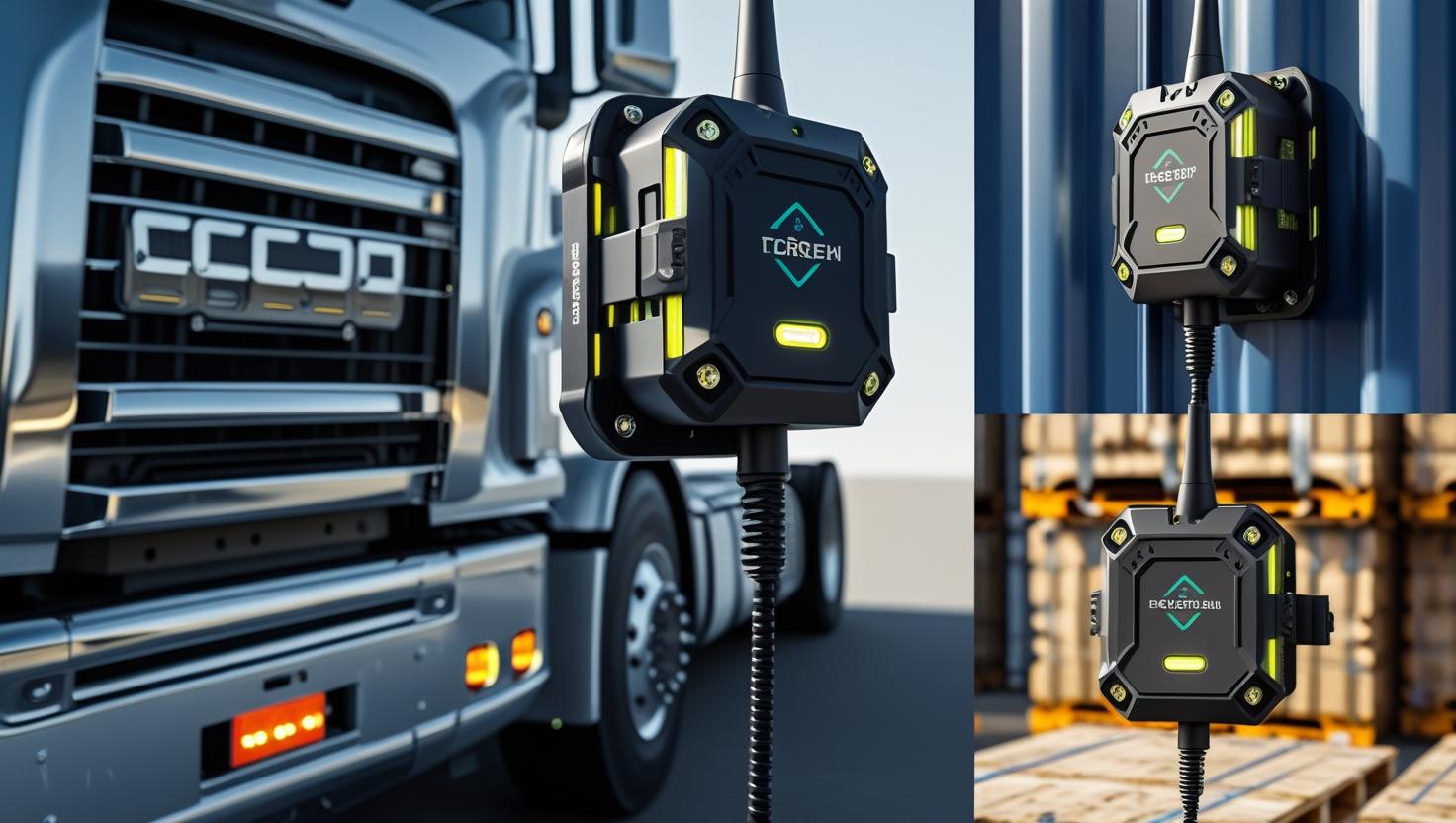The global GPS tracking device market is entering a period of rapid expansion as the Internet of Things (IoT) ecosystem matures and demand for real-time location intelligence accelerates across industries. Investors are increasingly turning their attention to this sector, attracted by its blend of hardware innovation, data analytics potential, and long-term integration into logistics, transportation, and consumer markets.
Market Growth Accelerates
According to recent industry analyses, GPS Tracking Device Industry worth $5.7 billion in 2028. This surge is driven by the growing adoption of IoT-enabled fleet management solutions, personal safety trackers, and asset monitoring systems that provide businesses with operational visibility and data-driven efficiency.
“GPS tracking is no longer a niche technology—it’s a core infrastructure component of modern connected systems,” said a senior analyst at Global Tech Insights. “With 5G networks improving data transmission speeds and IoT devices proliferating, GPS hardware and software platforms are positioned for sustained growth.”
Download PDF Brochure @ https://www.marketsandmarkets.com/pdfdownloadNew.asp?id=142

IoT Integration Unlocks New Opportunities
The convergence of GPS technology with IoT platforms is creating unprecedented opportunities for innovation. Fleet management companies now leverage connected GPS trackers to monitor vehicle performance, optimize routes, and reduce fuel costs in real time. Similarly, logistics providers are deploying smart asset tracking systems that integrate with cloud-based analytics to prevent theft and streamline supply chains.
Beyond industrial uses, consumer applications are also flourishing. Wearable GPS trackers for personal safety, fitness, and pet monitoring are witnessing strong sales, particularly as devices become smaller, more accurate, and energy-efficient.
Emerging Technologies Driving Transformation
The integration of AI and machine learning into GPS tracking systems is transforming raw location data into actionable intelligence. Predictive analytics can now anticipate maintenance needs, detect abnormal patterns, and enhance driver safety. Moreover, innovations such as solar-powered GPS units and subscription-free devices are appealing to environmentally conscious and cost-sensitive markets.
Meanwhile, blockchain-based GPS tracking solutions are gaining attention for their ability to ensure data transparency and prevent tampering—features that appeal to sectors like logistics, insurance, and defense.
Investment Momentum Builds
The investment community is responding to these technological and market shifts. Venture capital and private equity firms are funding startups that offer integrated hardware-software solutions, while established players are expanding through mergers and acquisitions. Notable deals in 2024 and 2025 have underscored the sector’s consolidation trend as companies strive to build end-to-end IoT ecosystems.
“Investors are increasingly drawn to GPS tracking because it sits at the intersection of IoT, data analytics, and sustainability,” said an investment strategist at Horizon Ventures. “The long-term value lies in recurring software revenues, not just hardware sales.”
Outlook: A Connected Future
As industries become more connected and data-driven, the role of GPS tracking devices will only deepen. From autonomous vehicles to smart cities, precise location awareness is foundational to innovation. The next five years will likely see continued technological advancement, increased adoption across both enterprise and consumer segments, and growing investor confidence in the sector’s scalability.
For investors seeking exposure to the expanding IoT market, the GPS tracking device industry offers a compelling blend of growth potential, technological evolution, and cross-sector resilience—a combination that positions it as one of the most dynamic opportunities in the connected technology landscape.
Frequently Asked Questions (FAQ)
1. What is driving growth in the GPS tracking device market?
Growth is fueled by the rising adoption of IoT technologies, real-time data analytics, and 5G connectivity. Businesses across logistics, transportation, and consumer electronics are increasingly relying on GPS devices for asset monitoring, fleet management, and personal safety applications.
2. How large is the GPS tracking device market expected to become?
Industry analysts project the global GPS Tracking Device Industry worth $5.7 billion in 2028
3. Why are investors showing interest in GPS tracking companies?
Investors see strong potential due to recurring software revenues, integration with IoT and AI systems, and expanding use cases in smart transportation, logistics, and connected devices. The sector combines hardware innovation with scalable data-driven platforms—an attractive mix for long-term returns.
4. What role does IoT play in the GPS tracking industry?
IoT enhances GPS tracking by connecting devices to cloud platforms for real-time data exchange. This enables businesses to monitor assets, optimize routes, predict maintenance, and improve efficiency using AI-powered analytics.
